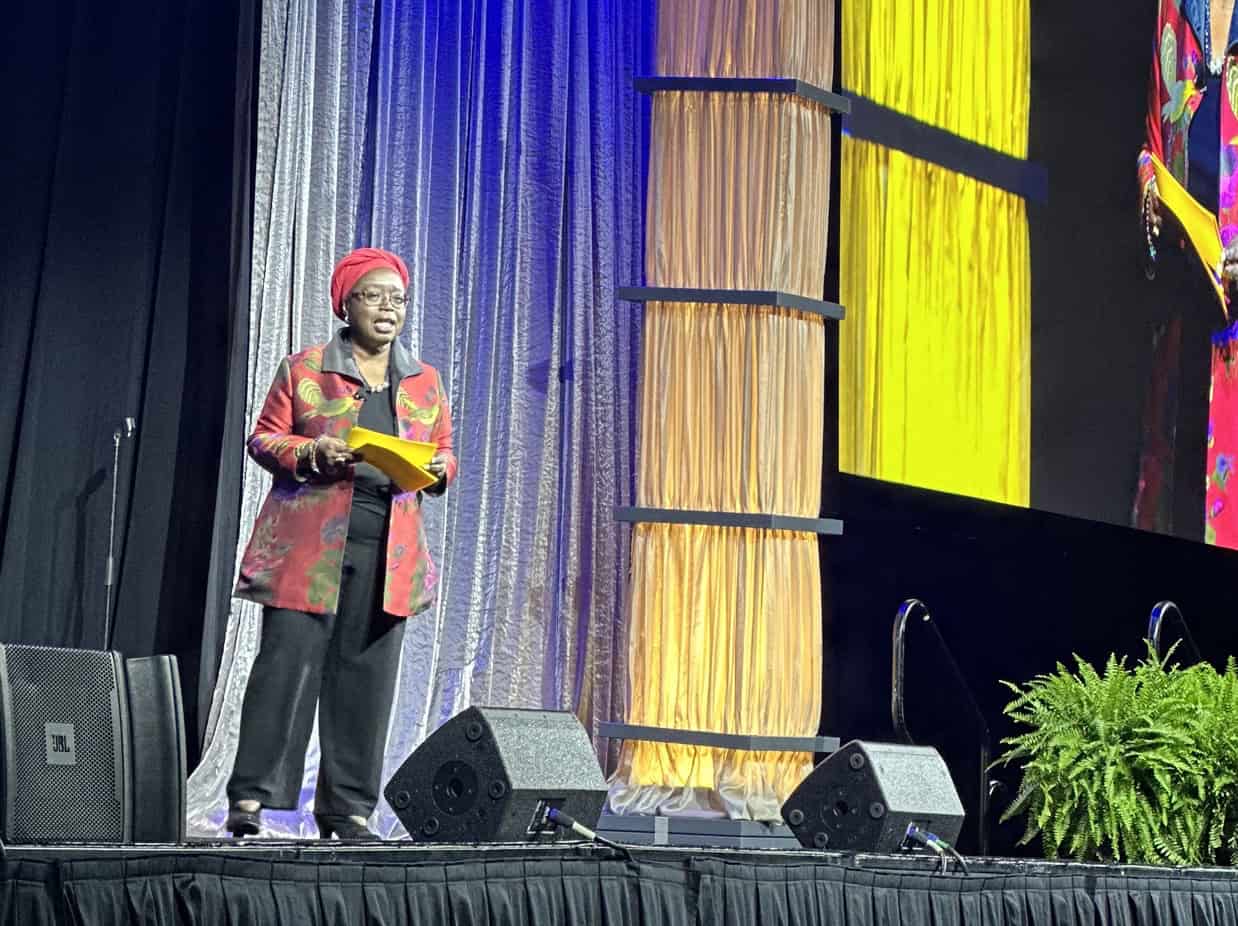US higher education institutions will fail in their recruitment efforts if they take the view of international students as “cash cows”, according to CEO of NAFSA Fanta Aw.
Speaking to The PIE News, Aw highlighted the necessity of recruiting international students in helping the US survive the upcoming enrolment cliff – as one of many strategies.
“We do believe there is ample capacity at US colleges and universities to welcome them,” Aw said, referring to the thousands of institutions who have fewer international students than the bigger campuses.
“However, institutions must be committed to creating the structures, systems and environment for international students to thrive for their recruitment of international students to be considered a wise decision.
“That starts with approaching international students with the right motivation and perspective – to see them as true assets to the campus, classroom and community on a multitude of levels – not to simply plug a gap in enrolment or tuition dollars,” she continued.
The issue of the enrolment cliff not only brings problems of demographic loss to the fore, but also revenue loss, as said by Ben Waxman of Intead in an earlier piece on the issue from The PIE.
Smaller colleges that have more difficulty attracting international students – due in part to the pull of those bigger institutions – can do more to recruit them, but cannot do it alone.
“We see real potential in a centralised national strategy for international education as a means to diversify the origin of international students in this country and their study destination within the US,” she said, referring to the strategy NAFSA has long been calling for.
But Aw also noted that this expansion needs to happen in tandem with a rise in HE professionals – especially those in international offices – to have the tools, knowledge and skills needed to be successful in recruiting.
“Part of the US appeal to international students is its multicultural society”
The ‘great resignation’ has taken place in the last few years across the US, Canada and the UK.
Aw also touched on the fact that diversity across the student body will allow institutions to better recruit international students. In light of the issues faced across states like Florida, where DEI initiatives are being rolled back, it is “so valuable”, she suggested.
“Part of the US appeal to international students is its multicultural society; they are not interested in being in an echo chamber once here.
“Further, we can’t lose sight of the importance of US domestic students and their own mobility in this equation.
“They should have access to an internationalised curriculum and education abroad opportunities for a campus culture to truly be one where international perspectives and experiences are widely shared and valued,” Aw added.











